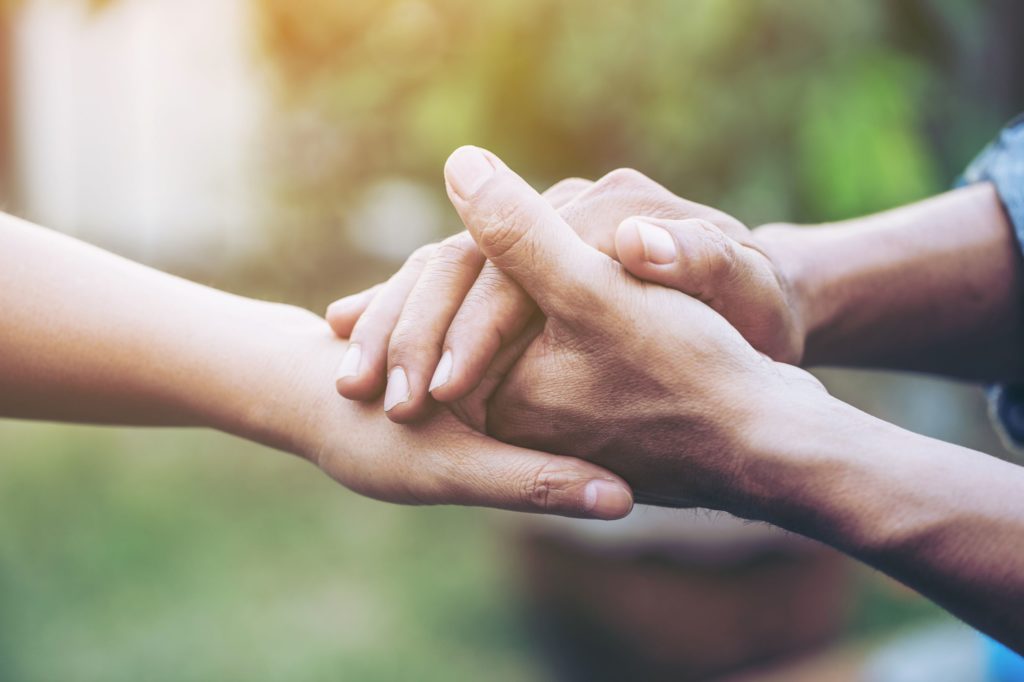This September is Recovery Month, and to celebrate we are sharing inspiring stories from our incredible staff members in recovery. For decades, The Council on Recovery and its Center for Recovering Families have approached addiction as a family disease. Each family member of someone struggling with addiction faces pain, fear and uncertainty throughout their loved one’s recovery journey. That’s why we focus on treating not only the individual, but the entire family as well. In this entry, one staff member recounts how the support and participation of her family was key to her recovery…
I knew I needed help for many years. For the most part, it had been 16 years since I had gone without drinking to inebriation and/or blackout on a daily basis, with only a few exceptions. I tried many times to stop drinking on my own, but always failed. In the fall of 2013, I began to realize that people could smell the alcohol on me, even if I hadn’t had anything to drink that day. Basically, my body was not metabolizing alcohol like it once had. I was drinking a quarter to a half gallon of alcohol a day, easily. I was miserable and exhausted, physically and mentally. In efforts to avoid smelling like alcohol, I started running/walking five to 10 miles a day and drank gallons upon gallons of water each day. I was doing everything humanly possible in order to flush the alcohol out of my system before going to work each morning.

I had stopped sleeping because I was in a constant state of severe anxiety, and my muscles were just wracked with involuntarily spasms anytime the alcohol levels in my body got below a certain level. My body just would not let me sleep, anymore. I had just turned 40 and I was convinced I would not be alive to see 41. December rolled around and I was convinced that I needed to make a decision – I needed to either end my life or pick myself up. I decided to pick myself up and I entered treatment on December 27, 2013.
The night I told my husband, “I need to go to treatment tomorrow,” he poured every ounce of alcohol we had in our house down the sink.
My husband has been the most important person in my recovery. In substance use prevention, the family can serve as a risk factor or a protective factor for substance use. The role of the family in relapse prevention is very similar. Not only has my husband been my biggest cheerleader in my recovery, but he has participated in recovery right alongside me for almost seven years, now. I have been fortunate in that my husband put me and my recovery first, and by doing that, he was able to learn how to put himself first, too. The night I told my husband, “I need to go to treatment tomorrow,” he poured every ounce of alcohol we had in our house down the sink. He came to aftercare with me every single Saturday for that first year. He became a member of Al-Anon and attended his meetings once a week – they used to call him ‘Wise Wes’ in group. However, his commitment did not end there.
Here we are, almost seven years later, and he has not had a drop of alcohol since that night in December of 2013. I never expected him to abstain. After all, it was my problem, not his. But something changed in both of us and not just in me. We were both dedicated to being healthy and sane for ourselves and for each other. For me, that meant putting an end to my drinking. For him, that meant gaining control of his health by learning how to eat right and exercise, resulting in a 120 lb. weight loss for him. Every celebration, every vacation, every time we eat out with friends and family, there we are – present and together.
